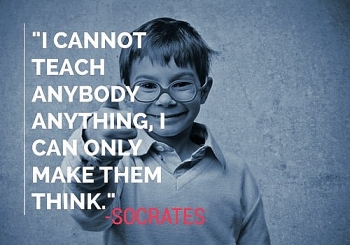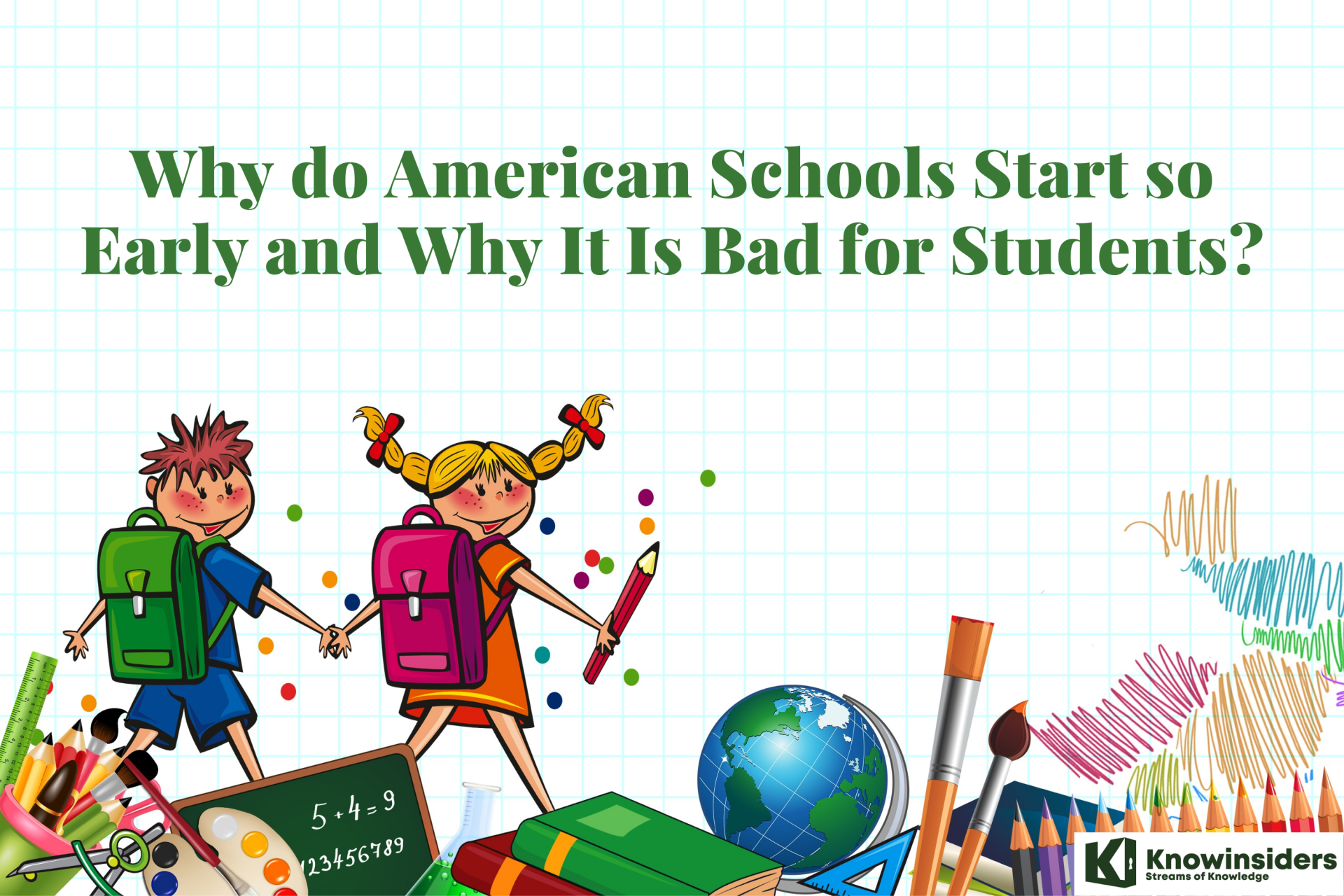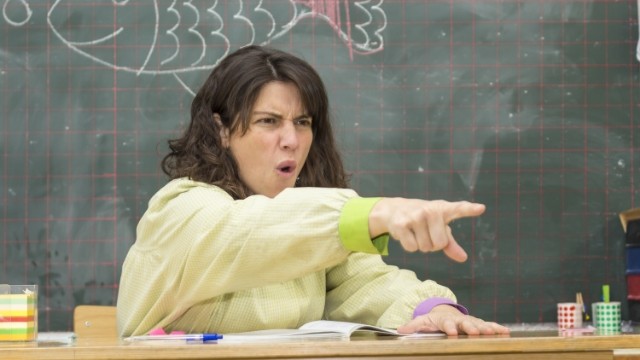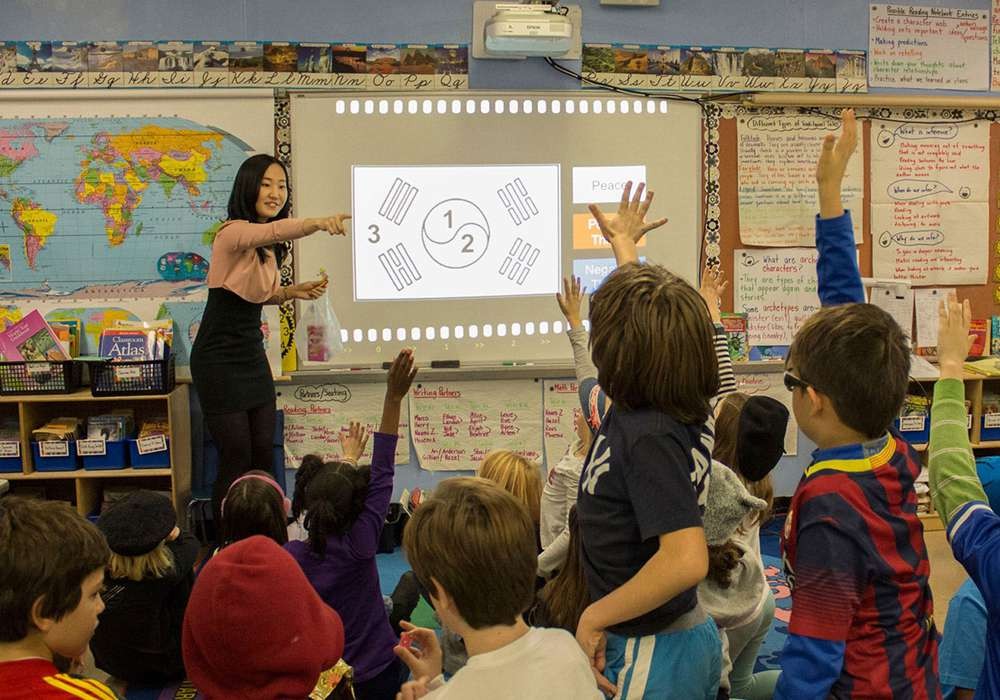What Are The Worst Kinds of Teachers - Top 10
 Top 7 Most Attractive Fitness Teacher in the World Top 7 Most Attractive Fitness Teacher in the World |
 Teachers and Students Relationship: Meaningful Quotes and Best Sayings Teachers and Students Relationship: Meaningful Quotes and Best Sayings |
 |
| What Are The Worst Kinds of Teachers - Top 10 |
Nowadays, many teachers do not care much about students. They think they are paid to teach and that it is the student's responsibility to LEARN. Here are some reasons why students hate you and how you can fix it.
The teaching profession always needs enthusiasm, enthusiasm and tolerance. But recently, a part of teachers is worsening that image when mistreating, beating students, insulting, insulting and putting pressure on them. In addition, many teachers' methods of educating and approaching students still have gaps that need to be promptly remedied.
Here are the 10 the worst kinds of teacher that can reduce teaching effectiveness and student receptivity.
What makes a bad teacher?
Many factors contribute to a bad teacher, including a lack of organization and classroom management, poor people skills, and a failure to challenge students. Here are some specifics on these and other factors that contribute to a bad teacher:
♦ Inadequate classroom management and organization
This can be one of the most significant contributors to a bad teacher. If a teacher is disorganized, they will be unable to properly outline their students' daily activities, significantly impeding their learning.
Furthermore, if teachers are unable to manage their students, they will be ineffective at instructing any given subject or class.
♦ People skills are lacking
Being a good teacher requires excellent communication skills as well as professionalism. A lack of knowledge and experience in this area can result in poor teacher performance and lower student engagement.
♦ Students are not being challenged
Teachers who do not challenge their students do their students a disservice. Teachers who purposefully makeover simple lesson plans and award high grades for poor work will not maximize the potential of their classroom.
These practices result in a stagnant education for students and prevent them from learning and growing.
♦ Poor decision-making
In teaching, common sense is essential. Even good teachers can make mistakes in judgment that have negative consequences for themselves and their students. Good teachers think before acting and do not teach or instruct on the spur of the moment.
♦ Not obligated
Teachers who are uncommitted are often unmotivated, which is a recipe for poor teaching in general. This also applies to teachers who never arrive early or stay late.
They do not give their students enough attention outside of the classroom and are frequently behind on activities such as grading tests and homework or developing new lesson plans.
 Top 5 Zodiac Signs Who Are The Best Teachers Top 5 Zodiac Signs Who Are The Best Teachers |
Top 10 The Worst Kinds of Teachers
1. Teachers are strict and unfriendly to students
 |
| Teachers are unfriendly to students |
A strict and authoritative teacher often earns students respect and obedience. But when that "power" becomes a barrier between teachers and students, the feeling of being unapproachable and unfriendly will make the lessons heavy and restrictive. This makes them think that the teachers themselves are not very happy with the class, enthusiastic about the students.
2. Talking a lot
Most teachers talk far too much in class. They want to explain things clearly, to energise others, to enjoy sharing their knowledge, and so on. Whatever the reason, teachers should reduce their TTT (Teacher Talking Time) and encourage their students to speak up more.
According to research, the more opportunities a student has to talk about his ideas, practice them, and be involved in thinking about them, the greater the impact those ideas have on him.
3. Inadequate Content Knowledge
To obtain certification in a specific subject area, most states require teachers to pass a comprehensive series of assessments. With this requirement, you'd think that all teachers would be qualified to teach the subject(s) for which they were hired. Unfortunately, some teachers do not know the material well enough to teach it.
This is something that can be overcome with planning. Before teaching any lesson, all teachers should thoroughly prepare to ensure that they understand what they are going to teach. If teachers do not know what they are teaching, they will quickly lose credibility with their students, rendering them ineffective.
 Why do American Schools Start so Early and Bad or Good for Students? Why do American Schools Start so Early and Bad or Good for Students? |
4. Teachers don't listen
 |
| Teachers don't listen |
Students spend too much time listening to you, but how much time a day do you spend listening to them? Do you like someone who talks, talks all the time and doesn't let others talk? Give students the opportunity to share, say what they want:
• Make it a habit to have discussions (my students especially like self-organized discussions in which the teacher must remain silent).
• Ask students to write you a letter about anything they want — about school, about family, about their favorite food, etc. Remember that you have to write them back with responses like “really.” interesting” or something like that.
• If you teach subjects related to language or literature, allow students to write on open topics to score students and remember to only write in the margins of students' notebooks with positive feedback. The combination of student choice and individual positive feedback builds student trust in you…
5. Punish naughty students and "set an example" in front of the whole class
An ethical teacher would never do that! Because if the punishment is enough to set an example for other students not to repeat the offense, it will become a haunting shame in the memory of the punished student. Only once being "blasphemed", that student is not only under pressure from teachers, friends, and family, but also causes a psychological reaction to hate the subject taught by that teacher.
But if teachers take the time to meet students privately, criticize, learn from experience and then encourage their students not to repeat the same mistake, the teaching effectiveness will certainly be higher.
6. Suppress students' creativity
All students want to make their parents proud with good grades and praise from teachers. Maybe that's why they work hard to study sample essays, draw samples that are most like "her teaching". And more wrong when many teachers still maintain the "tracing" way of rote learning.
Instead of asking them what they understood, they hurriedly asked them to recite the previous day's lesson. If the test is "strange", "unlike your writing", it is difficult to get a high score. The mistake of the teacher here is that instead of showing the paths for the students to choose, they force the students to follow a path that the teacher has already gone.
7. Insults and yells at students
 |
| Insults and yells at students |
As a teacher, if you want to win against the very young and immature "goof" of your students, you really need to be virtuous and have a heart. However, many teachers choose to yell at students as soon as they enter the classroom to scare them and "keep order". The yelling teacher inadvertently turned his own classroom into a battlefield where they would always lose.
Insulting students is an ethical violation of teachers. When humiliated, many students show fear and loss of confidence in the class. Not only that, the teacher who insults his students will lose faith in the children's hearts. What do you think when the person who is responsible for teaching you "beautiful words and ideas" speaks out of culture?
8. No fair
This is a mistake in the teacher that upsets many students the most. As a teacher, you must be fair and wise like the judges on the podium. But the teacher's bias soon discouraged students from the simplest form of "social injustice" they had seen.
Especially at the elementary and junior high school levels, when they were early aware of life, the children discovered that the teacher or class president gave you high marks and rarely called her friends not to learn more about her on the board.
9. Not clear when grading
Academic outcomes are important to a student's future. It not only shows their ability, forte and short, but also serves as the basis for career orientation for the future. However, the lack of a clear grading scale for tests given by teachers with the right to set and mark creates significant deviations in student learning outcomes.
10. Chatting and badmouthing other teachers with students
This is a mistake that female teachers often make when they are too close and often "confident" with their students in the classroom. Funny stories interrupting the gloomy class is essential for students to get motivated and have a feeling of excitement about the subject.
Finishing gossiping with students is an exaggeration in teaching methods, because school is a didactic environment, not a marketplace. And especially, no matter how popular the students are, the teacher should not bring grievances with colleagues to "confide" in front of the class, which both tarnishes the image of the teacher, and easily creates an unfavorable relationship. peace when the story from dozens of students easily reaches the "victim".
Conclusion
Teaching is really hard work. It's a job where the artist performs for 8 hours a day and then all judgment is up to the audience.
The above 10 mistakes are things that every teacher needs to be aware of to avoid. Because school must be a place of academic and moral standards, students will grow up on the right paths to continue to take on the task of defending and building the country.
 ChatGPT - The Teacher's Terror: How To Prevent Fraud ChatGPT - The Teacher's Terror: How To Prevent Fraud While there is no effective way to distinguish a human-generated article or an AI chatbot, many organizations are taking various extreme measures to prevent fraud. |
 Teachers and Students Relationship: Meaningful Quotes and Best Sayings Teachers and Students Relationship: Meaningful Quotes and Best Sayings The relationship a student has with their teacher plays a significant part in the child’s success. Knowinsiders.com would give you some quotes about the teacher ... |
 Top 5 Zodiac Signs Who Are Natural-Born Teachers Top 5 Zodiac Signs Who Are Natural-Born Teachers Teachers are parents, friends, advisors all rolled in one. They have ample patience to help their students learn concepts over and over again without getting ... |


























